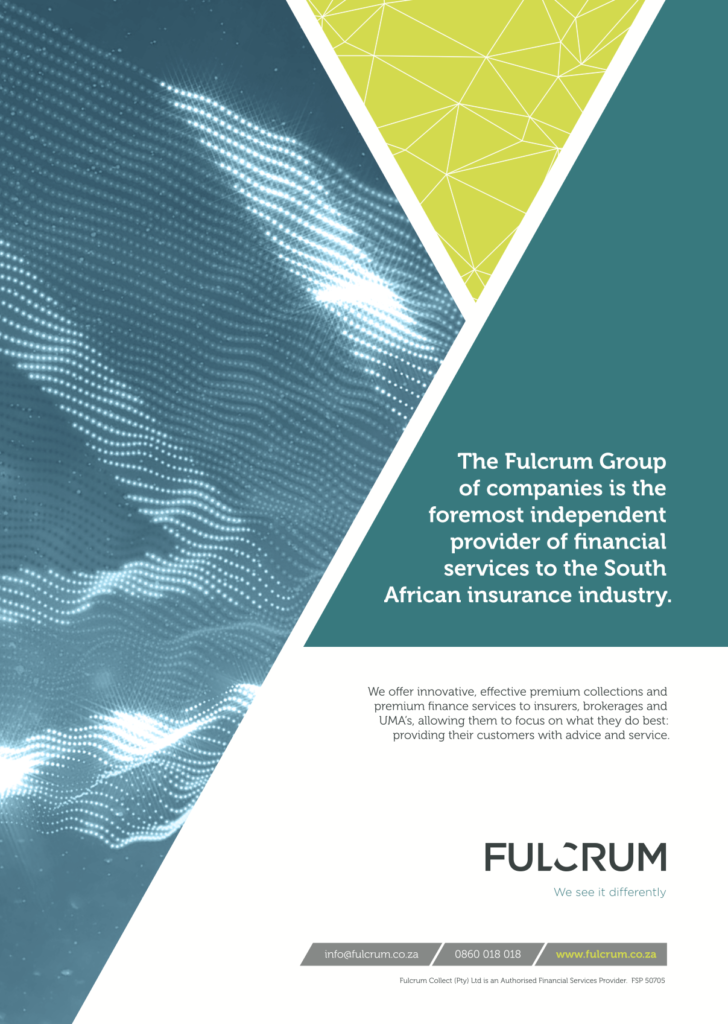“At face value, South Africa seems to be living well within its means from an absolute gross loan perspective, given that developed market economies run significantly higher debt ratios (Japan has 230% debt-to-GDP; Spain 170%; France, the US and UK were all well above 100%). But as with most things in life – the devil is in the detail, and the consumption nature of local debt make it unsustainable without sound fiscal reform.” said Nico Katzke, Head of Portfolio Solutions at Satrix.
“Unfortunately, the contingent liabilities at the country’s State-owned Enterprises (SOEs) have the potential to derail the government’s best-laid debt-to-GDP recovery plans.”
Katzke, along with Arthur Kamp, Chief Economist at Sanlam Investments and Laura Cooper, Senior Macroeconomic Advisor at BlackRock, debated the current status quo at a Satrix IndexMore Macro Insights session. Some of the questions asked and answered follow.
What are your views on emerging market (EM) and South African debt currently?
Kamp shared two debt-related concerns: first, that SA was paying a very high real interest rate on debt; and second, that SA had to run a significant primary budget surplus to stabilise the debt ratio.
Given how South Africa and other EMs were sweetening the ‘pot’ with higher yields, BlackRock has turned more upbeat. “We are cautiously optimistic on the asset class, especially if we start to see less rate volatility than what we saw last year, given central banks were quite hawkish in terms of the pace of tightening in their policy rates,” Cooper said.
She added that headwinds to the EM debt markets – such as US dollar strength and rate increases – were abating, making it “an attractive opportunity to get exposure to the asset class, notably on a local currency basis”.
Is South Africa on life support?
“The latest Bureau for Economic Research Business Confidence Index suggests that local businesses are less confident about prospects for economic growth than they have been for some time,” said Katzke.
“Our key challenge is to lift the potential GDP growth rate so that we can attract foreign capital, which in turn allows us to invest in and grow the economy, and employ people,” Kamp said. He singled out infrastructure as a major constraint to domestic economic growth, as illustrated by the electricity and transport (to name just two) challenges the country currently faces. The government may have benefitted from an income windfall from higher commodity prices over 2021-2022; but Kamp lamented how much money had been “left on the table” due to infrastructure-related export and production ‘squeezes’.

South Africa’s foremost independent provider of PREMIUM COLLECTION AND PREMIUM FINANCE
We offer innovative, effective premium collections and premium finance services to insurers, brokerages and UMA’s, allowing them to focus on what they do best: providing their customers with advice and service.
Fulcrum Collect (Pty) Ltd is an Authorised Financial Services Provider.FSP 50705
Kamp also pointed out that South Africa’s 2023 National Budget appeared to have enough substance to get the domestic economy back on its feet. Unfortunately, the country’s unique socioeconomic challenges have introduced massive, long-term expense pressures, while the aforementioned infrastructure bottlenecks are chipping away at revenue.
“We have seen quite a sharp fall in the terms of trade as measured by the South African Reserve Bank (SARB) over the last few quarters; with the result that tax buoyancy weakens quite significantly,” Kamp said. The Minister of Finance will be tested in coming budgets to reduce debt without cutting too much from State wages and social grant bills.
How do you choose asset class and geographies in this climate?
Asset managers face challenges in choosing which asset classes, and which geographies to invest in.
According to Cooper, the most important realisation was that the so-called ‘great moderation’ – a period during which inflation and rates volatility was low – has ended. “BlackRock sees the need for a new investment playbook, with a greater emphasis on being selective and nimble in asset allocations under a new macro regime. There is also a risk that we could see further tightening in financial conditions, to such an extent that it prompts recessions in both the US and Europe,” she warned. In this environment, BlackRock is seeking alternative sources of diversification, with bonds (debt) no longer serving as a nice ballast in portfolios amid elevated inflation. Equities as an asset class still offer upside, but caution over a tactical horizon appears warranted.
Katzke asked which sectors held most potential, given the future earnings value decimation caused by rapid increases in central bank interest rates over the past 18 months. “In this higher inflation, higher rates environment [BlackRock takes] a more selective, granular approach to equity exposures rather than allocating across broad benchmarks … so, looking at healthcare, for example, we see more stable earnings and pent-up demand post-COVID as providing tailwinds,” Cooper said. Select opportunities exist in the energy and financial sectors too, though concerns over the recent volatile price action in US banks warrants caution. BlackRock is also overweight EM equities relative to developed market (DM) equities, in part as China re-emerges from its self-imposed lockdowns, and as LatAm benefits from a bullish commodity complex.
How can we ‘fix’ South Africa?
The discussion turned to how to ‘fix’ South Africa. Kamp suggested that National Treasury shift from consumption to investment mindset and encouraged the SARB to maintain its focussed approach to targeting inflation. Stronger fiscal discipline is key as well; even if cost-cutting measures might be painful in the short term, it is non-negotiable to lift the country’s growth rate and encourage both domestic and foreign investment.
“South Africa must cut consumption spending, raise infrastructure investment and create space for the private sector to participate in the economy in order to raise the country’s potential growth rate,” concluded Katzke. “If we do this, we will bring much needed foreign capital back to our shores, which will spill over into jobs and improved socioeconomic outcomes.”

